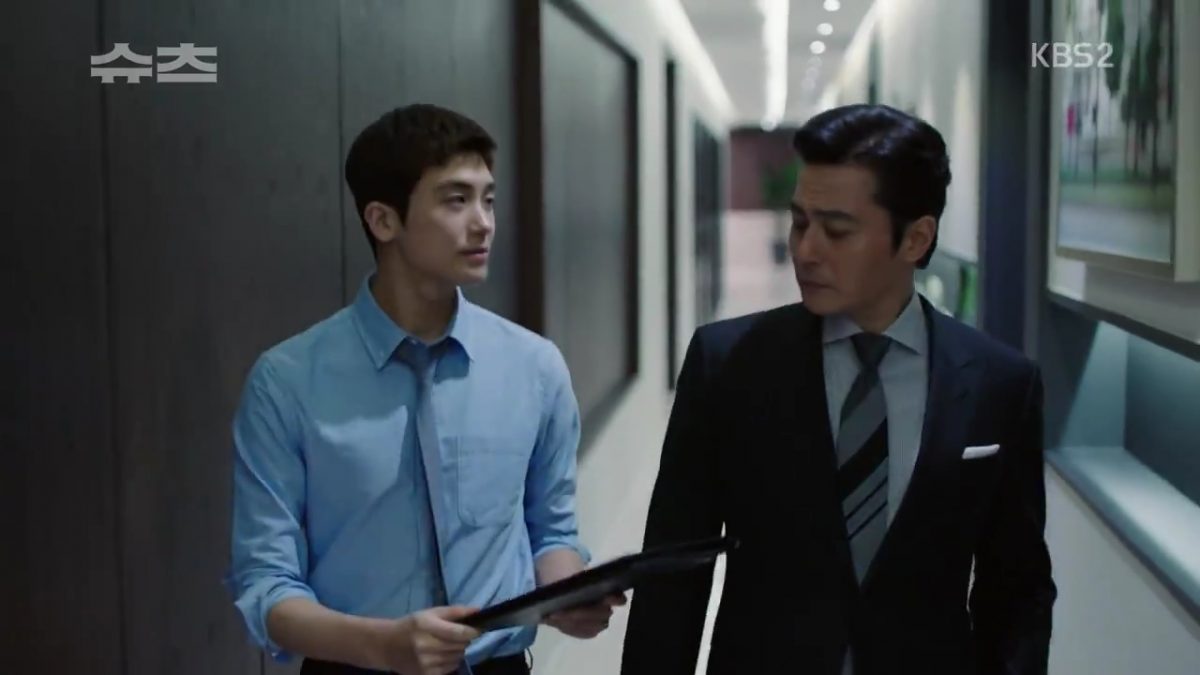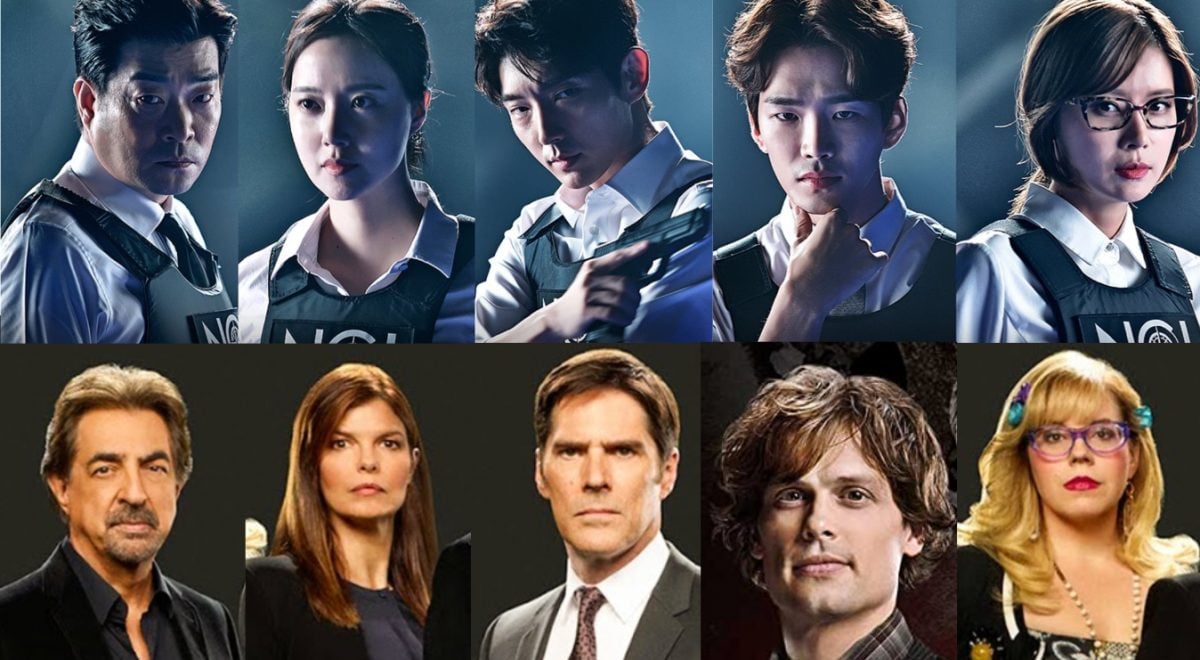While I do my best to avoid online drama, preferring to hang out with like-minded fans sharing information on upcoming anime and the occasional oppai gif on social media, I do sometimes wander into a controversy. The other day I saw someone on Facebook complaining about the rumored HBO remake of hit Korean film Parasite possibly starring Mark Ruffalo in the lead role as another example of Hollywood “whitewashing” by replacing Asian roles with white faces. This struck me as a very strange way to think about our shared global popular culture, so I thought I’d write a post with some thoughts about American TV in Asia and the way we all share culture around the world.
American TV in Asia: Shows Regularly Get Licensed and Remade for Local Markets
You probably know that the U.S. version of The Office starring beloved faces like Steve Carell and John Krasinski was based on the British version by genius comedy writer Ricky Garvis, and that the hit British game show Who Wants to Be a Millionaire? got localized versions all over the world, including the U.S., Japan, Russia, Australia, and even Nepal and Sri Lanka. (Actually I did not know those last two…thanks, Wikipedia!) So clearly, one of the hallmarks of our interconnected global culture is that if you have a good idea for a TV show (or whatever), it might become so popular that other countries want to replicate the format for their own local markets. Cool.

What you might not know is that quite a few popular American TV programs have been licensed and remade here in Asia, with the format and core story preserved, but with local actors cast into the new roles. Some examples:
- Suits (Japanese and Korean versions)
- The Good Wife (Japanese and Korean versions)
- Leverage (a Korean version)
- Signal (a Korean version)
- Cold Case (a Japanese version)
- Saturday Night Live Korea (another one I did not know about!)
- There are local versions of America’s Top Model in Japan, South Korea and China.
(Korean, Taiwanese and Chinese live-action versions of Japanese manga-based stories such as Nodame Cantabile to Hana Yori Dango are also very common. Also, The Good Doctor is based on a Korean original.)
I Watched the Korean Version of Criminals Minds and it was Great
When I’m not selling hentai on the Internet or working through the latest anime episodes for an upcoming blog post, you can usually find me unwinding in front of the TV watching whatever’s on. Mrs. J-List loves American crime dramas like CSI and Criminal Minds, so I usually watch those with her.
The other day my wife was watching one of her beloved Korean dramas, which are popular on Japanese TV and Japan’s Netflix and Amazon Prime. I watched for a few minutes, and realized the characters were playing roles that seemed familiar to me. I realized eventually that I was watching Korean versions of the characters from Criminal Minds, about a crack crime-solving team of police who are experts at profiling serial killers.

The Korean remake of Criminal Minds was great, with the same core story elements present, and the same team of characters:
- Lee Joon-gi in the role of the brash but fatherly supervisor Joe Mantegna
- Son Hyun-joo in team leader Hotch’s place
- Moon Chae-won in the role of Jennifer “JJ” Jareau
- Go Yoon as the obsessive-compulsive profiler Dr. Spencer Reid
- Yoo Sun as the comic-relief computer genius Garcia.
(Have you ever noticed that that crime dramas are the American version of Japan’s sentai hero shows? Because they totally are.)
Five Reasons Why We Should Not Let “Whitewashing Rage” Ruin our Fun
When Mamoru Oshi’s celebrated film Ghost in the Shell was made into a Hollywood film starring Scarlett Johansson in the role of Major Kusanagi and Beat Takeshi as the Chief, the film was basically dead on arrival due to the outcry on social media over “whitewashing” of the lead role, choosing a famous white Hollywood name instead of an Asian actor. The same thing happened to the Netflix attempt at making an Americanized version of Death Note.
This debate would be quite confusing for Japanese living in Japan, who lack the cultural context to realize they should be offended at every facet of life. Here are some of my observations on the subject.
- Japanese fans expect that a major American film would use well-known stars, and Japanese fans would much rather see a famous name like Brad Pitt or Tom Cruise on-screen than Ken Watanabe or Hiroyuki Sanada, two Japanese actors who have become typecast as always appearing in Hollywood, because they’re the only two famous stars who know English well.
- If you asked which Asian actors the individuals loudly complaining about “whitewashing” would recommend for an “authentic” remake of a Korean or Japanese or Chinese work, they’d get very quiet, because they likely can name none.
- When people say “what’s wrong with watching the original foreign version with subtitles?” they’re missing the point of translating a popular work into a new language for a wider audience.
- In the case of the possible Parasite remake, the original director Bong Joon-ho would be directing it, and himself choosing to cast Mark Ruffalo in the expanded story. In the case of the Ghost in the Shell film, Mamoru Oishi was 100% on board with the decision to cast ScarJo in the role of the Major. He said, “I believe having Scarlett play Motoko was the best possible casting for this movie. I can only sense a political motive from the people opposing it, and I believe artistic expression must be free from politics.”
- When I tried to explain this issue to my wife, she said, “But anime characters aren’t even Japanese, they’re gaijin.” Her point was that Japanese fans don’t look at Amuro Ray or Char Aznable or any other character and perceive an ethnicity, but view them as not even being Japanese in the first place, but foreigners. Maybe that’s why anime characters often have blonde or green or purple hair, and large blue eyes. So clearly, Japanese fans are perceiving anime characters in a different way from some in the West are.
American TV in Asia Conclusion: Let’s All Have Fun with Popular Culture Together
Bottom line: it’s awesome that we live in a world where we can share our popular culture anywhere, at lightning speed. Sometimes works become so popular that other countries want to honor them by remaking them in new formats for their local markets, and as long as this is done with the okay of, and in a way that honors the original creators, I believe this should be embraced by fans. And anytime someone forms an “internet rage mob” and tries to influence your beliefs about a topic, you should think very hard about why they’re doing that, and decided for yourself whether you’re okay with that.
Thanks for reading this post about American TV in Asia and how I feel about the subject of “whitewashing” in film remakes. Do you agree or disagree with me? Tell me below, or on Twitter!
Life is too short to use tiny boob mouse pads that don’t recreate the softness and feel of a real pair of oppai. We’ve added stock of great new full-sized mousepads from our partner Softgarage, though be warned as these are preorder products that will only be available to order for a few weeks. Browse all our anime mousepads here!
















